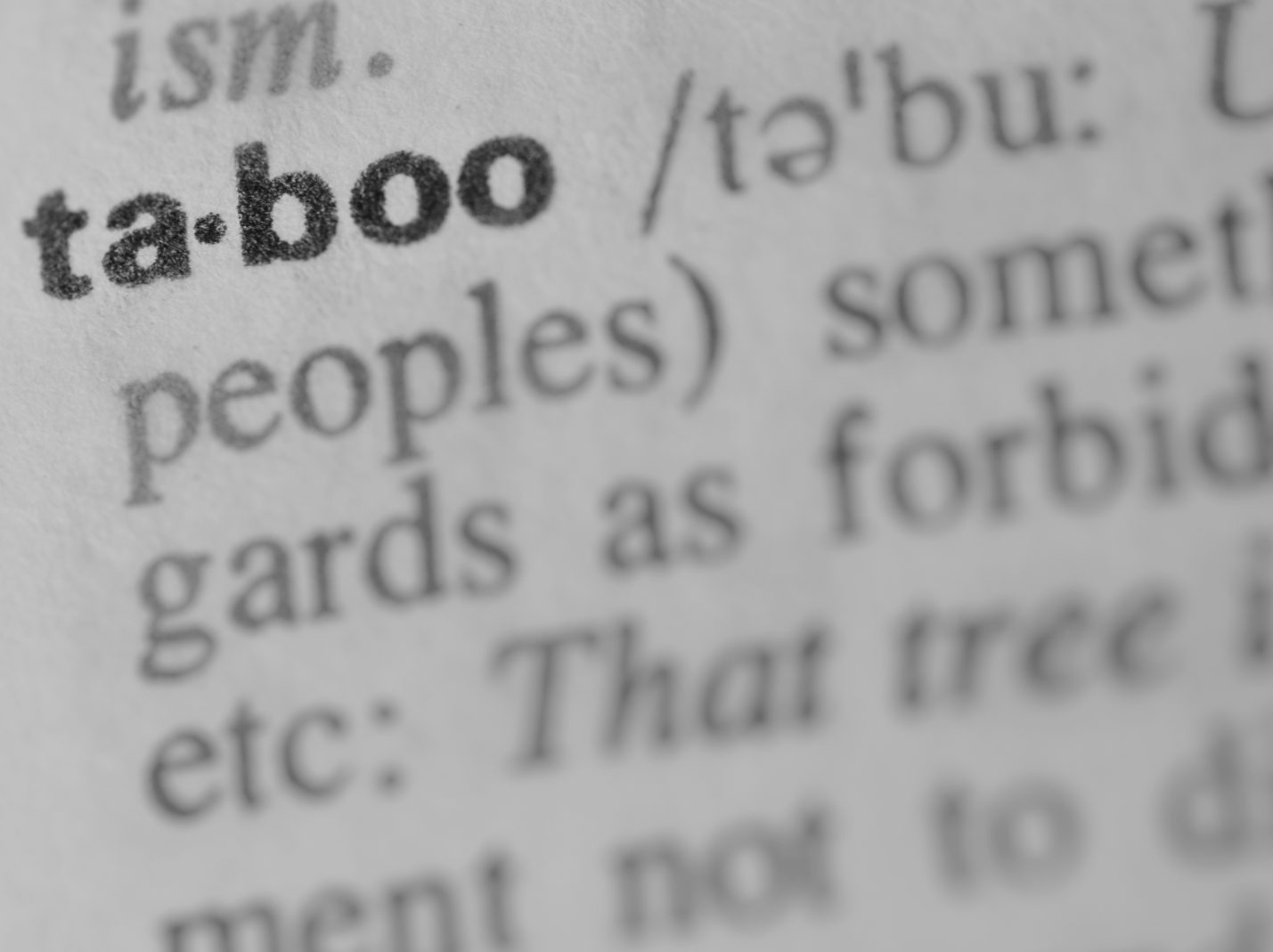
Are we more committed to uncovering objective truths in science, or have we become too afraid to rock the boat in fear of backlash?
As a social species, when we come together in groups, we create cultures of norms, including taboos, which can incur steep penalties if broken. This part of human tribalism can magnify some frighteningly bad tendencies unless the accepted norms include behaviors and protections that help prevent this.
A recent study on Taboos and Self-Censorship Among U.S. Psychology Professors is shedding some light on this cultural process in academia.
The study analyzed the responses of 470 faculty members from 133 top U.S. universities and psychology graduate programs. The professors were presented with 10 taboo conclusions to questions in social sciences. They were then asked to provide a rating based on three questions regarding the conclusions:
- How confident are you in the truth or falsity of this statement?
- If the topic came up in a professional setting—for example, at a conference—how reluctant would you feel about openly sharing your beliefs on this topic?
- Should scholars be discouraged from testing the veracity of this statement?
Most of the taboos are related to identity group differences and the various natural explanations for their disparate outcomes. Tying criminal behavior, intelligence, careers, or poverty to genetic, evolutionary, or biological factors were forbidden subjects. Among the taboo conclusions used in the study were:
- “The tendency to engage in to engage in sexually coercive behavior likely evolved because it conferred some evolutionary advantages on men who engaged in such behavior.”
- “Biological sex is binary for the vast majority of people.”
- “Racial biases are not the most important drivers of higher crime rates among Black Americans relative to White Americans.”
- “Demographic diversity (race, gender) in the workplace often leads to worse performance.”
While this study had many limitations, it produced intriguing findings, some of which are as chilling as they are enlightening. For example, men and women often saw things differently, with women more in favor of discouraging research and ostracizing dissidents.
Most respondents reported placing a high value on objective truth and supporting full academic freedom, yet even tenured professors feared being fired or socially stigmatized.
Almost all believed that even if the conclusions were supported empirically, proponents would be punished. The more a respondent believed in the taboo conclusion, the more likely they were to self-censor. This may be the most important finding because it shows the incredible power of a taboo, even among our top-ranked thinkers and researchers.
According to behavioral economics professor Cass Sunstein:
We begin with a simple question. Do groups usually correct individual mistakes? Our simple answer is that they do not. Far too often, groups actually amplify those mistakes.
Arguably, that is what’s happening right now.
Science that avoids research or discussing possible lines of inquiry based on the social consequences of breaking a taboo has already abandoned objective truth.
When it comes to science or solving other complex social problems, taboos that limit even the mention of certain thoughts preclude the kind of open discussion necessary to confront serious problems effectively because people will avoid mentioning actual facts.
In detailing the scientific conflict at the beginning of the study, the authors point out the following:
A primary goal of science is to pursue an empirically accurate description of the natural world, and nature does not always conform to human social values and desires. Indeed, the claim that humans strive to climb status hierarchies (as among scientists) is likely true.
With luck, embracing that shared humanity will allow for forward movement and finding ways to mitigate the downsides. Mitigating true biological inequalities, if they exist—and that remains an if until there is significant evidence—might be possible for a number of controversial conclusions.
The irony is that we will never know if we can’t study these things to thoroughly vet and verify the nature of the current observable differences. Lack of research dooms us all to remain static. Without the insights of good science, we can’t make effective changes.
To address this barrier, the study made a hopeful, if fuzzy, point by citing earlier works:
This nescience may create pluralistic ignorance (Prentice & Miller, 1996) and preference falsification (Kuran 1997), leading scholars to underestimate the popularity of their own views and to self-censor or misrepresent their views for fear of social sanction.
That means there may be more agreement on taboo views than people realize. The study showed healthy support for complete academic freedom, valuing truth above equity. We also know there is power in that if people are willing to buck the vocal authoritarian minority.
The human need for acceptance may be very strong, and the dangers of being the first one through the wall are real. That said, the consequences of inaction aren’t negligible. The authors suggest reduced public trust, conspiracy theories, wasteful, misguided interventions, and reduced trust among scientists as the likely results of doing nothing. There is also the huge opportunity cost in the lives of people who could be helped by accurate information, as Roland Fryer’s education research shows.
As a counterweight to loosening the grip of these forbidden subjects, they suggested testing the assumptions underlying the values on which these taboos are based. They also called for adversarial collaborations to defuse hostility.
Another thing that would help would be for universities to re-establish support for norms that protect scientific growth, like, say, freedom of inquiry.
Isn’t it time to make authoritarianism taboo again?
Image by aga7ta — Adobe Stock — Asset ID#: 80432619